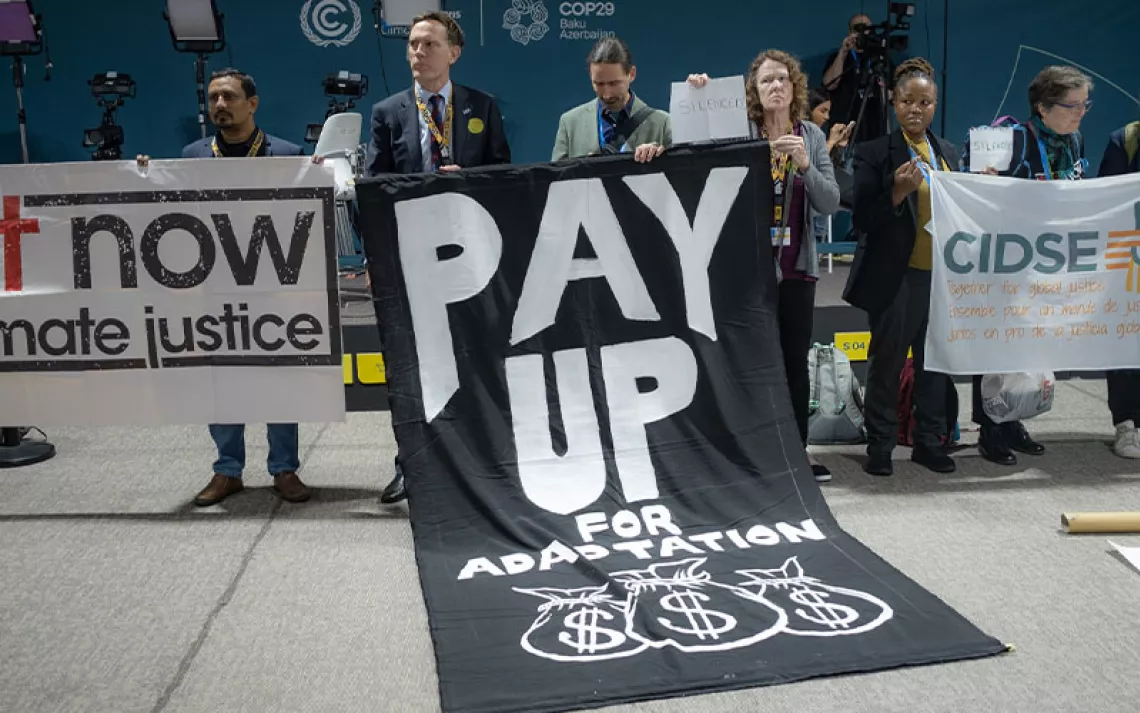Environmental News ICYMI
Hot bodies, blowhard Scots, and Kentucky's solar-powered coal museum

Maryland bans fracking. It’s the third state to do so, after New York and Vermont.
In the winter of 2016–17, Arctic sea ice drops to its lowest level on record.
Climate scientists at the University of Alberta lose 180 ice cores dating back to the mid-1970s when a malfunctioning freezer melts them.
In France, poachers break into a zoo and kill a four-year-old white rhino to steal its horn.

Scotland produces a record 1.2 million megawatt-hours of wind energy in March, enough to satisfy the needs of 136 percent of the country's households.

Scott Wagner, a Republican state senator and gubernatorial candidate in Pennsylvania, suggests that climate change is caused by humans' "warm bodies."
To save money, the Kentucky Coal Mining Museum converts to solar power.
Tesla breaks sales records, selling 25,000 EVs in the first three months of 2017. The company is now valued higher than Ford and closely behind General Motors.
PacificCorp will spend $3.5 billion to install 1.1 gigawatts of new wind power in Wyoming by 2020, nearly doubling the state's installed capacity.
To protect its limited water resources, El Salvador bans all metal mining.
A wolf is spotted in Nevada for the first time in nearly a century.
The U.S. Senate votes to allow the killing of wolf pups and bear cubs in their dens in Alaska.
After injuring a 14-year-old Idaho boy and killing his pet dog with a cyanide trap meant for coyotes, the USDA's Wildlife Services program says it will stop using the devices to kill predators in the state.
Spiders are found to be the world's top predators. They eat between 400 million and 800 million metric tons of other creatures—predominantly insects—each year.

New Zealand's Whanganui River is granted legal personhood. Days later, the same status is given to India's Ganges and Yamuna Rivers.
In 58 emerging-market nations, solar is now the cheapest form of new energy, followed closely by wind.
This article appeared in the July/August 2017 edition with the headline, "Up to Speed." It has been corrected.
 The Magazine of The Sierra Club
The Magazine of The Sierra Club



